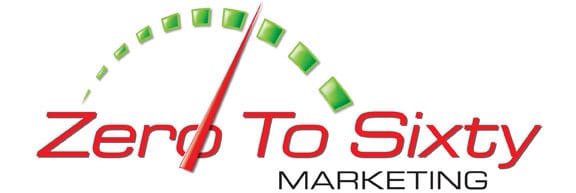Search engines are a funny thing. An evolving thing. If you think you mastered SEO techniques when marketing your business last year, surprise!
It’s like this:
On the one side, you have search engines that want to bring the most relevant information to the forefront to make searching the online super-highway easier for the searcher, i.e. your potential customer. It’s a noble cause, they’re not the devil.
searching the online super-highway easier for the searcher, i.e. your potential customer. It’s a noble cause, they’re not the devil.
As a matter of fact, they don’t want to be manipulated so that marketers take advantage and the consumer ends up only having the choices that marketers want them to have. They don’t want information to be inflated by tactics; they want real information.
On the other side, you have marketing agencies who want their client to be in the forefront so they can be seen by everybody. Also a noble cause.
So it’s always this tension between marketers figuring out how to benefit their clients, and search engines working on making the marketer’s plans obsolete.
That changes things. Pretty frequently. Good marketing techniques have to be able to pivot when the situation calls for it.
 And that means analytics terms occasionally change meaning.
And that means analytics terms occasionally change meaning.
Like bounce rate. Bounce rate used to refer to how many people left your site after viewing one page under minute. That meant high bounce rates sucked. According to the 2009 Google Webmaster information, it was the ‘puke’ factor, referring to how quickly a reader came to your site, puked, and left. In the past, we used that bounce rate percentage to learn how to change our text to be more appealing or to make a better offer.
But now, since CMS sites are easy to use and popular, blog content has exploded. Bounce rate had to change it’s meaning, and now …
considering that a visitor comes to a site to read a blog post, and usually only stays on that one post, and that takes about one minute …
A high bounce rate is somewhat to be expected. It’s no longer a highly negative term. The information is simply less relevant the way we used to view it. We still want viewers to visit more than one page of the site, but a high bounce rate shouldn’t be the source of a ridiculous amount of angst. It should, however, prompt us to create reasons for a visitor to go from page to page and ultimately communicate interest.
Ongoing SEO education is imperative. Your SEO expert won’t do you any favors working with old criteria. At Zero To Sixty Marketing, we participate in ongoing education daily. Be wary of the company from India that can’t write decent English but can fix your SEO situation lickity-split.
They approach me, too. They use my contact form regularly. They haven’t even looked at my site! I know you’re hearing a lot of buzz right now, and it can be hard to figure out what information to trust.
We weed through educational newsletters and videos all the time to get rid of the information that is no longer current.
So hey, don’t wig out about your high bounce rate; just call us!
Photo Credit: U.S. Navy
Photo Credit: Joe Shlabotnik on Flickr

Leave a Reply